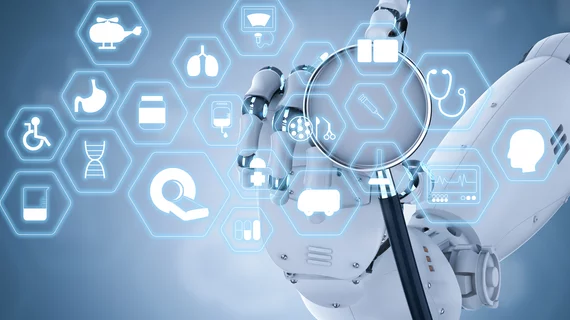New clinical trial focused on AI-powered CAD evaluations opens enrollment
HeartFlow, a California-based health technology company, has started enrolling patients into a new clinical trial that will evaluate its AI-based plaque solution’s ability to improve care for patients with stable coronary artery disease (CAD).
The REVEALPLAQUE trial will enroll 250 CAD patients from the United States and Japan. Researchers will use HeartFlow’s plaque solution to interpret imaging results and identify patients who may face a heightened heart attack risk.
The solution in question uses deep learning to provide automated assessments of coronary CT scans, allowing users to quantify each patient’s plaque burden and anticipate how they may respond to different CAD treatments over time.
“For most patients, heart attacks happen without any warning symptoms,” principal investigator Clyde R. Meckel, MD, an interventional cardiologist at Bryan Heart in Lincoln, Nebraska, said in a prepared statement. “It is clear, however, that coronary plaque is the driving force behind understanding a patient’s risk of having a heart attack. The tools available today for understanding plaque burden tend to be cumbersome or provide inconsistent results. To be able to accurately and non-invasively understand a patient’s plaque burden would be game changing in physicians’ abilities to save a patient’s life from a heart attack.”
“Combining the power of CT angiography and HeartFlow’s deep learning technologies has the potential to be a powerful tool in the physician’s arsenal of tests for assessing heart health,” added Campbell Rogers, MD, HeartFlow’s chief medical officer.
The technology is currently available for investigational use only.

